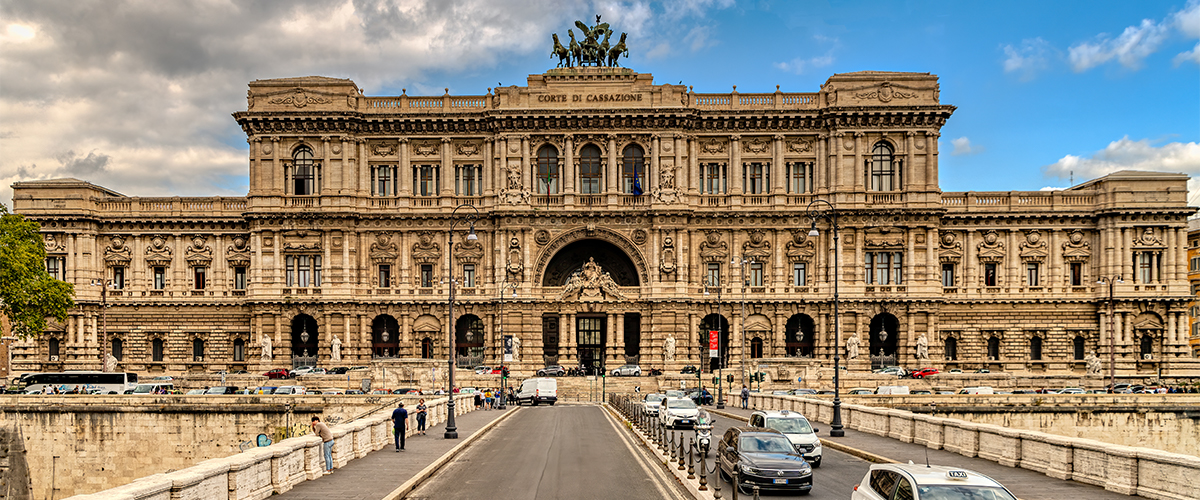In a landmark decision, Italy’s top court ruled that small amounts of marijuana grown for personal use is not a crime.
Italy’s highest court of law ruled that those growing small-scale amounts of marijuana at home exclusively for personal use would no longer face serious criminal charges.
The Italian Supreme Court released a one-page statement on their decision on Dec. 19 and it included a segment on personal cultivation stating, “at home, small-scale cultivation activities are to be considered excluded from the application of the penal code.”
News of the supreme court decision was first publicized by the Italian news agency AGI, provoking arguments from both sides of Italy’s political spheres. Matteo Mantero, a senator from the co-ruling 5-Star party is now pushing for more cannabis legalization.
“The court has opened the way, now it’s up to us,” Mantero said in a Reuters report.
In response, Italian Senator Maurizio Gasparri said the first law the League-affiliated coalition would approve if it returned to power would be to “cancel the absurd verdict of the court.”
Mantero also moved to craft an amendment calling for legalization and regulation of domestic cannabis use to include in the 2020 budget. The amendment was ruled inadmissible by the senate speaker of the conservative party.
The court’s decision was only a short statement on the cannabis law, leaving the country’s lawmakers with many unanswered questions, including what amount qualifies as “small-scale cultivation.”
A full report from the Italian Supreme Court has not yet been released and could take weeks or even months to be made public.

Cannabis and Politics in Italy
The Supreme Court of Cassation’s ruling to decriminalize cannabis personal cultivation was intended to clarify the conflicting interpretations of the country’s cannabis laws, which have been murky over the last several years.
A 1990s law prohibited the cultivation and sale of cannabis, but conflicting court decisions in combination with a 2016 amendment created a loophole in the law, leading to confusion over how the European country’s cannabis law should be interpreted.
The 2016 legislation permitted cannabis with a THC level below 0.6 percent to be sold in legal cannabis shops. Former interior minister Matteo Salvini, a League-party leader known for his hard-right, anti-immigrant stance, pushed to shut down the cannabis shops but failed before being ousted in September.
Of the political forces in Italy, the anti-establishment 5-Star Movement leans towards a more progressive approach to cannabis, while the Democratic and right-wing coalition allies are more wary of cannabis legalization.
In August, the country’s warring political parties struck a deal to form a new coalition between Five Star and the Democratic Party. The joining of forces led to the ousting of Salvini, however recent moves have shown a possible reinvigoration of the League party.
Under the previous Italian law and before the recent court ruling, the cultivation of cannabis was punishable by law regardless of the number of cannabis plants or the use of the plant grown. Medical marijuana is legal in the country, but the country’s army has a monopoly on commercial growing.
More Cannabis News
Follow along with the developments of cannabis policy around the world and in the United States by visiting our cannabis and marijuana politics page. Check back into our news page to find the latest reports on cannabis in policy, business, and scientific research.






